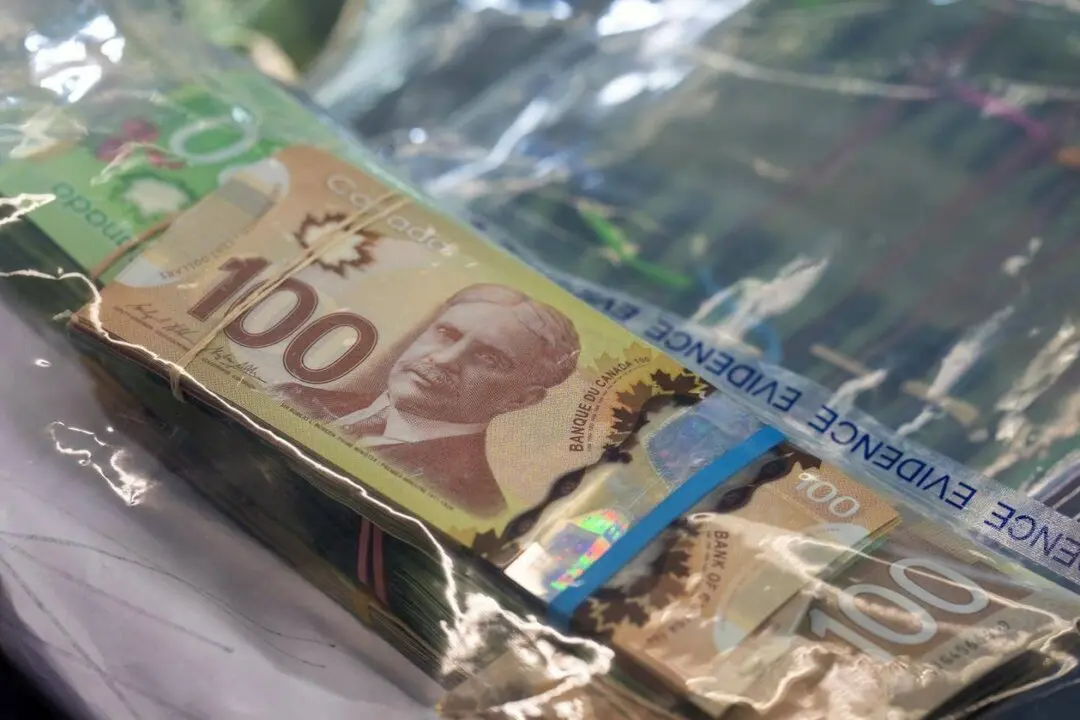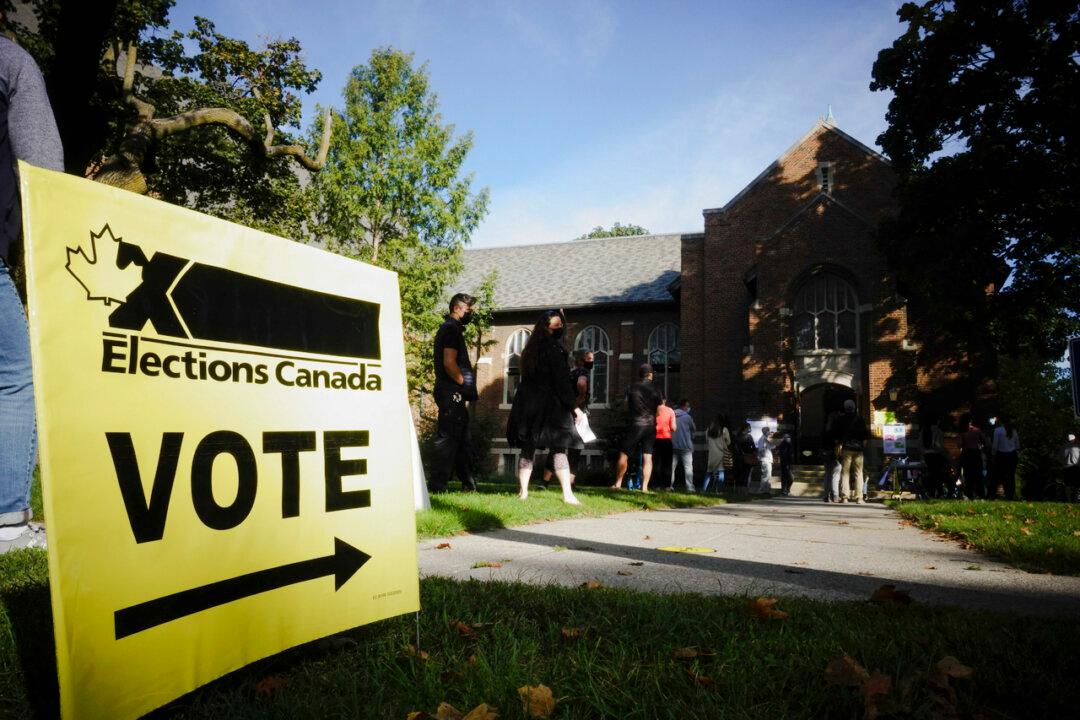Commentary
Canada has witnessed a rise in the criminal activity of money laundering. So much so, the word “haven” has been used by Canadian and international publications to describe how some criminals view our country. The federal government and provincial governments, including the recent example of Quebec, have attempted to curtail this long-standing problem. Whether these solutions will make a dent remains a huge question mark.





